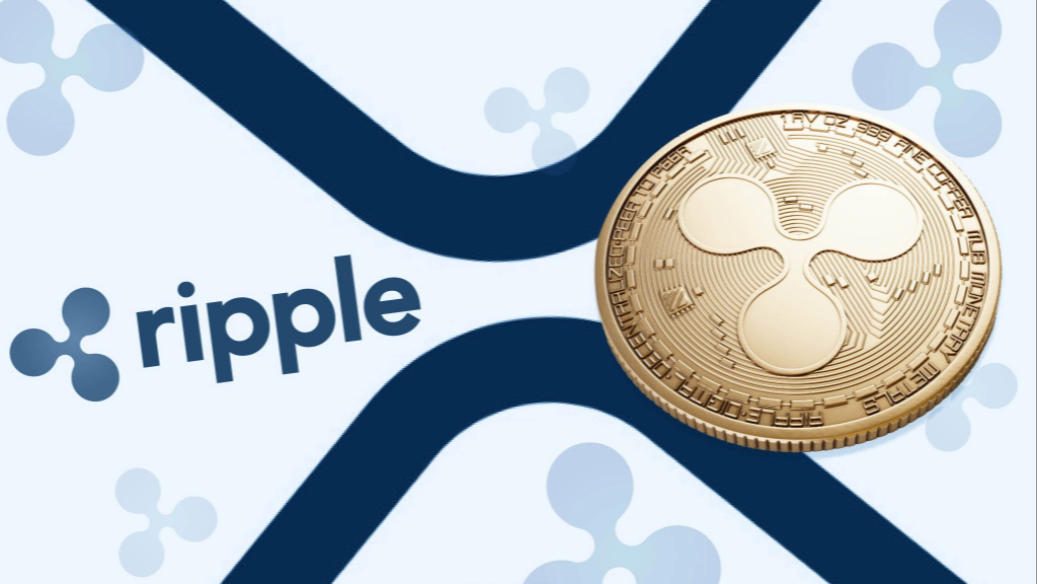Leading provider of crypto business solutions, Ripple activates the exploration of non-fungible tokens (NFTs) on its XRPL. The recent addition of NFT transactions on the XRP Ledger is the latest innovation from the world’s sixth-largest cryptocurrency by market cap. Notably, the launch of NFTs on XRPL was approved through a voting process from the Ripple community. Before this, Ripple began a $250 million fund in 2021 toward introducing non-fungible tokens (NFTs) to XRPL.
Ripple blockchain supports NFTs through a newly enabled interface called XLS-20. The protocol developers implemented the XLS-20 on the XRPL Mainnet, and reports say few NFTs have been minted on the network.
According to the Chief Technology Officer of Ripple Labs, David Schwartz, the company aims to enable mass adoption of tokenization using NFTs to represent real-world items. Ripple hopes to stand out from preceding NFT-compatible blockchains through relatively low fees, better speed, and improved security.
During an interview with David Schwartz, he said:
You’re going to see projects based on things like carbon credits and real estate ownership and all these different use cases. Anything that you can own all or some of that is unique, that can be represented by an NFT.
The XRPL platform will provide creators, brands, and marketplaces with fast speed and low cost, which supports new cases for NFTs. Last year, Ripple signed multiple partnership deals with two NFT marketplaces: Mintable and mintNFT, and a Chicago-based creative agency, VSA Partners. In July 2021, SBI Holdings declared XRPL as a potential NFT trading platform. The Japan-based financial services stated this in a report titled “Building a More Sustainable, Scalable, and Accessible Future for NFTs with XRPL.”
Follow us for the latest crypto news!
Furthermore, the reports showed that the XRP Ledger will not be limited to tokenizing XRP. Rather it will also involve a variety of other assets.
The recent tweet by David Schwartz throws more light on how Ripple’s XRPL carries out tokenization. Schwartz’s tweet says:
Tokenization is not new to the XRPL, but this presents a key milestone for developers and creators to tokenize any asset and build innovative Web3 projects with utility. The new standard introduces native NFTs on the XRP Ledger to represent unique assets along with efficient, secure operations to enumerate, transfer and hold such tokens.
Lately, royalties for NFT have become a contentious issue in the NFT marketplace. Ripple tends to follow the path of prominent marketplaces like X2Y2, Magic Eden, and LooksRare, which made royalties optional. Implementation of royalties reduces the profits of NFT creators. Though NFT royalties are currently criticized, Ripple aims to allow an artist to integrate their royalties on-chain. This action potentially attracts several NFT creators to its XRP Ledger.
Bio: Ibukun Ogundare is a crypto writer and researcher who uses non-complex words to educate her audience. Ibukun is excited about writing and always looks forward to bringing more information to the world.
Comments are closed.
Crypto News Flash is your number one source for the latest news and information from the world of cryptocurrencies.
About us
Contact us
Legals
Data protection policy
*= Affiliate-Link
Risk warning and disclaimer: The contents of this website are intended solely for the entertainment and information of readers and do not provide investment advice or a recommendation within the context of the Securities Trading Act. The content of this website solely reflects the subjective and personal opinion of the authors. Readers are requested to form their own opinions on the contents of this website and to seek professional and independent advice before making concrete investment decisions. The information found on this site does not contain any information or messages, but is intended solely for information and personal use. None of the information shown constitutes an offer to buy or sell futures contracts, securities, options, CFDs, other derivatives or cryptocurrencies. Any opinions provided, including e-mails, live chat, SMS or other forms of communication across social media networks do not constitute a suitable basis for an investment decision. You alone bear the risk for your investment decisions. Read more!

